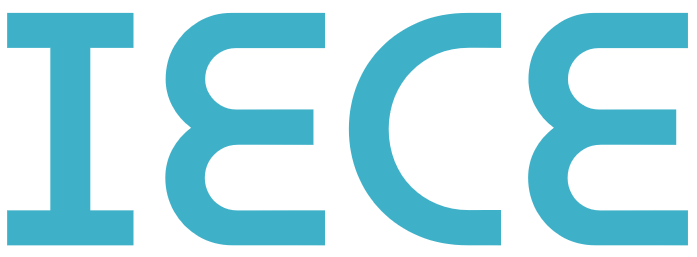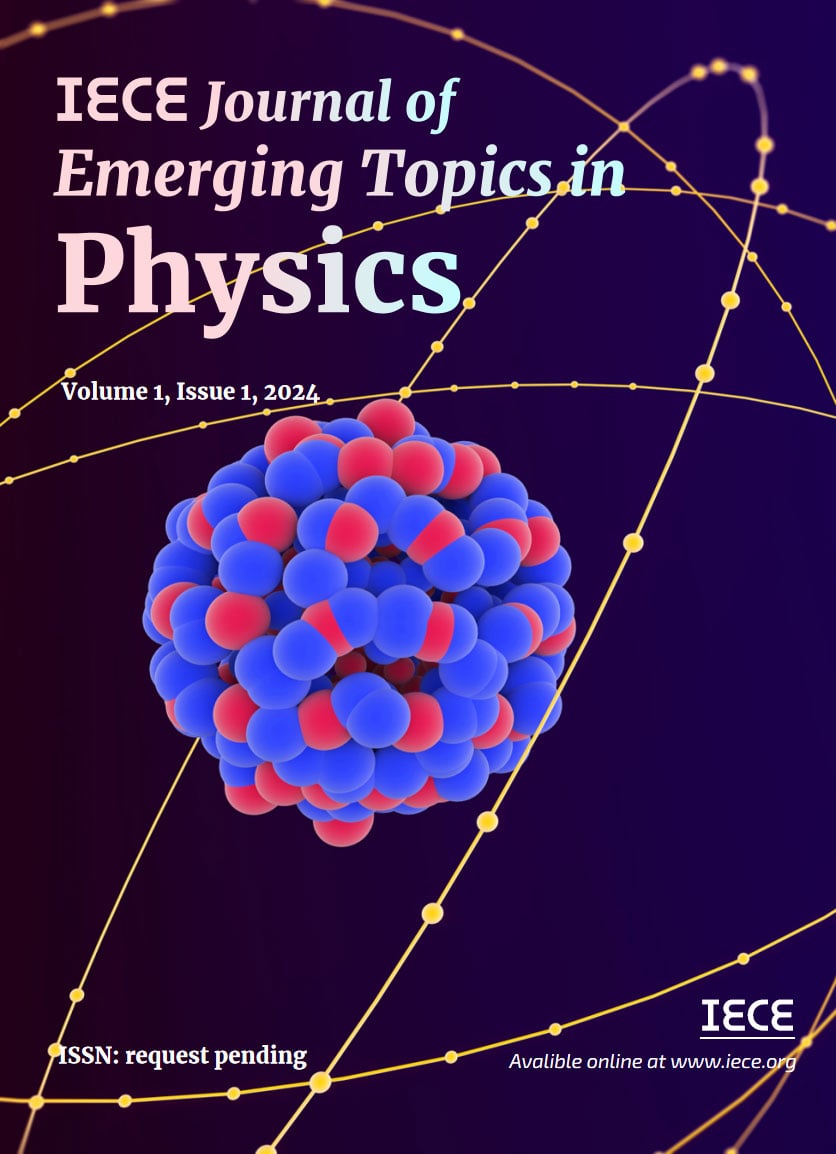Journal Information
IECE Journal of Emerging Topics in Physics
Online ISSN: request pending
Print ISSN: request pending
Publishing model: Open Access
DOI Prefix: 10.62762/JETP
Aims & Scope
IECE Journal of Emerging Topics in Physics is a peer-reviewed, open-access journal dedicated to publishing high-impact research on groundbreaking developments and cutting-edge topics in physics. The journal seeks to bridge the gap between established physics disciplines and emerging areas, fostering interdisciplinary collaboration and innovation. It provides a platform for researchers to share novel theories, advanced experimental techniques, and transformative applications that address complex scientific challenges and societal needs. The journal emphasizes work that contributes to fundamental understanding, pushes the boundaries of existing knowledge, or demonstrates potential for significant technological or industrial impact. By focusing on emerging topics, IECE Journal of Emerging Topics in Physics aspires to be at the forefront of physics research and innovation.
The scope of the journal includes, but is not limited to, the following areas of emerging and interdisciplinary physics research:
Quantum Science and Technology:
• Quantum computing, communication, and cryptography
• Quantum materials and topological phases
• Quantum sensing, imaging, and metrology
• Foundations of quantum mechanics and quantum information theory
Condensed Matter and Materials Physics:
• Novel materials, including 2D materials and metamaterials
• Emergent phenomena in complex systems
• Strongly correlated electron systems and superconductivity
• Advanced techniques in nanoscale and atomic-scale physics
Plasma Physics and High-Energy Density Science:
• Laser-plasma interactions and inertial confinement fusion
• Space and astrophysical plasmas
• High-energy-density physics and laboratory astrophysics
Photonics and Optics:
• Nonlinear optics and ultrafast photonics
• Advanced light-matter interactions
• Integrated photonics and optical quantum technologies
• Novel optical materials and devices
Astrophysics and Cosmology:
• Dark matter, dark energy, and the large-scale structure of the universe
• Exoplanetary systems and astrobiology
• High-energy astrophysics, gravitational waves, and multimessenger astronomy
• Early universe physics and cosmological simulations
Biophysics and Soft Matter:
• Physics of biological systems and biomaterials
• Soft matter physics: colloids, polymers, and liquid crystals
• Theoretical and computational modeling of complex systems
Energy and Sustainability Physics:
• Physics of renewable energy technologies
• Nanotechnology for energy harvesting and storage
• Climate physics and environmental modeling
Emerging Experimental and Computational Techniques:
• Advanced imaging and spectroscopy techniques
• Machine learning and artificial intelligence in physics
• Next-generation experimental setups for fundamental physics
• High-performance computing and data-driven approaches in simulations
Theoretical and Mathematical Physics:
• Emergent theories in high-energy physics and string theory
• Mathematical frameworks for complex physical systems
• Symmetries, anomalies, and effective field theories
Publication Frequency
Quarterly
Ownership

The journal is owned by Institute of Emerging and Computer Engineering.
Archiving
All journals published by IECE are archived in Portico, which provides permanent digital archiving for scholarly journals.
Ethics Statement
IECE is responsible for implementing rigorous peer review and strict ethical policies and standards to ensure that high quality scientific work is added to the field of scholarly publishing. IECE takes such publishing ethics issues very seriously, and our editors are trained to enforce COPE's Core Practices and Guidelines, with a zero-tolerance policy for plagiarism, data falsification, and other behaviours. To verify the originality of content submitted to our journals, we use iThenticate to check submissions against previous publications.



